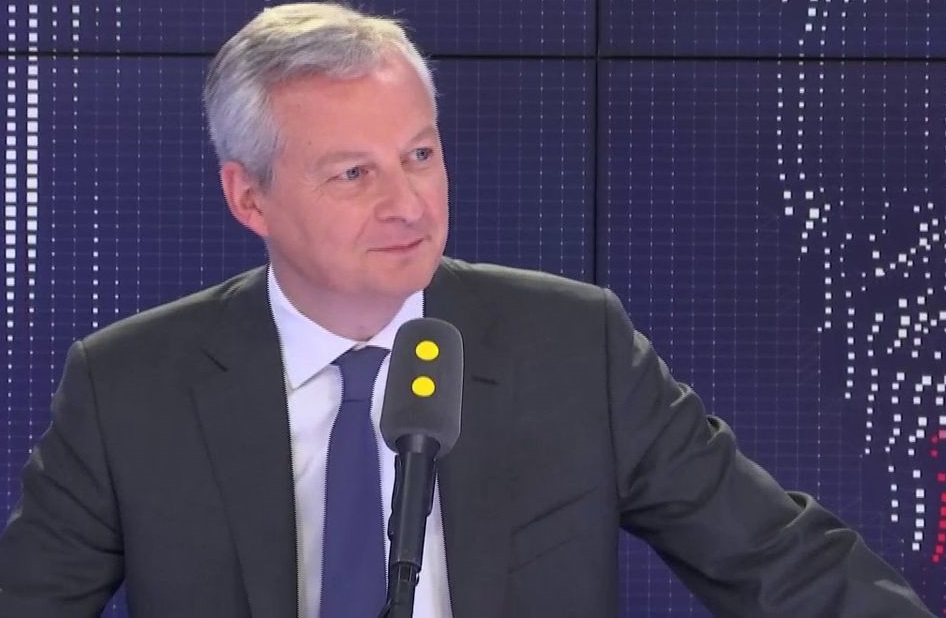11 Dec 2024

Tired Earth
By The Editorial Board

The French government had initially targeted 40GW of offshore wind by 2050, but former Energy Transition Minister Agnès Pannier-Runacher signalled in June 2023 that this could be revised upwards.
Le Maire points out that three offshore wind farms have already been connected. This should pave the way for reaching 4 GW by 2030, then 18 GW by 2035, as set out in the French Energy-Climate Strategy unveiled in November 2023.
To meet the 2035 target, 15 projects are in the pipeline – three in the process of being connected, three planned for deployment before 2031 and nine in the tendering process. Another 10 GW call for tenders is also envisaged, Le Maire said.
Protecting European industry
In addition to calling for wind farms to be more powerful, further offshore and installed in an average of six years, rather than 12, Le Maire also wants many of the benefits to flow to European industry.
To this end, he aims to tighten the carbon criteria for post-2030 wind farm tenders. The Net-Zero Industry Act (NZIA), agreed by the EU institutions last February and expected to enter into law shortly, offers some advantages for Europe’s wind industry.
These include ‘non-price’ criteria in renewable support auctions, which should allow European suppliers to compete on other aspects, such as their degree of innovation or contribution to social goals.
There is also a “resilience” criteria. If more than 50% of a critical technology or component are being supplied by a single country, such as China, national governments can take this into account when awarding support for renewable projects.
By 2030, the NZIA also aims to have 40% European content in EU clean technology projects. The minister is already proposing a target of 50%.
“It’s going to be more ambitious and it’s going to be a struggle,” his team told Euractiv.
Chinese competition
The aim is to ensure that the European wind industry is not overtaken by international competition. In recent years all five five European wind turbine manufacturers have reported losses.
According to the European authorities, international competition is one of the main causes. To remedy this, the Commission launched in October 2023 a “wind power package”.
Against a backdrop of trade tensions with Beijing, the EU has also recently launched new investigations to determine whether there is unfair Chinese competition in certain wind power tenders in Europe.
European objectives
European offshore wind deployments are part of an effort to reach the 2030 target of 42.5% of renewable energy in gross final energy consumption, as adopted in March 2023.
At the end of 2023, EU member states had a combined installed capacity of just over 19 GW of offshore wind power.
Nine countries (Belgium, Denmark, Germany, the Netherlands, France, the UK, Norway, Ireland and Luxembourg) have set themselves the joint target of 120 GW of offshore wind power in the North Sea by 2030, rising to 300 GW by 2050.
In the Baltic Sea, the bordering countries (Germany, Poland, Sweden, Finland, Estonia, Lithuania, Latvia) have committed to installing 20 GW by 2030 and 93 GW by 2050.
For several months French authorities have been battling with Brussels to redefine decarbonised energy development targets. To date Paris has refused to set renewable energy development targets in its latest draft National Energy and Climate Plan, which is submitted to the European Commission in October 2023.
France would prefer targets low-carbon targets, which would include both renewables and nuclear power. Nuclear provides 60-70% of the electricity consumed in France every year.
Source : euractiv.com
Comment